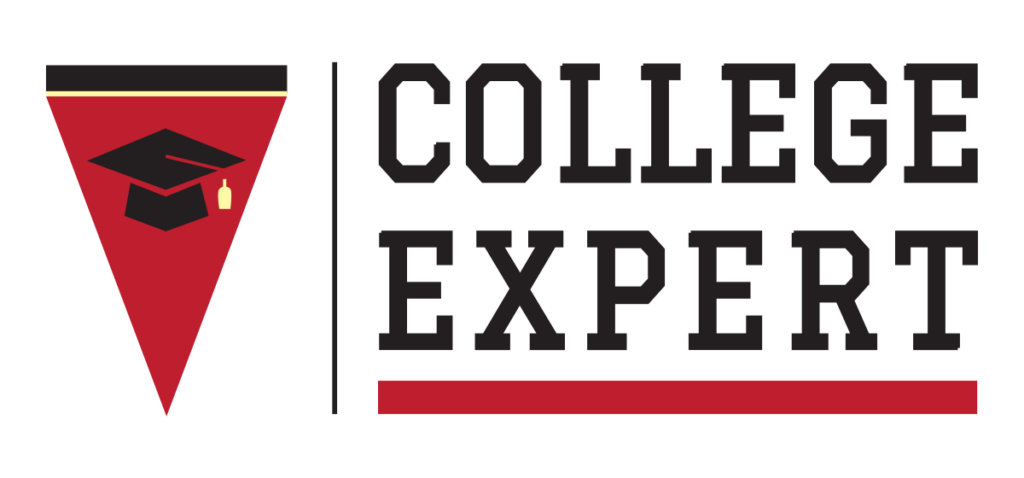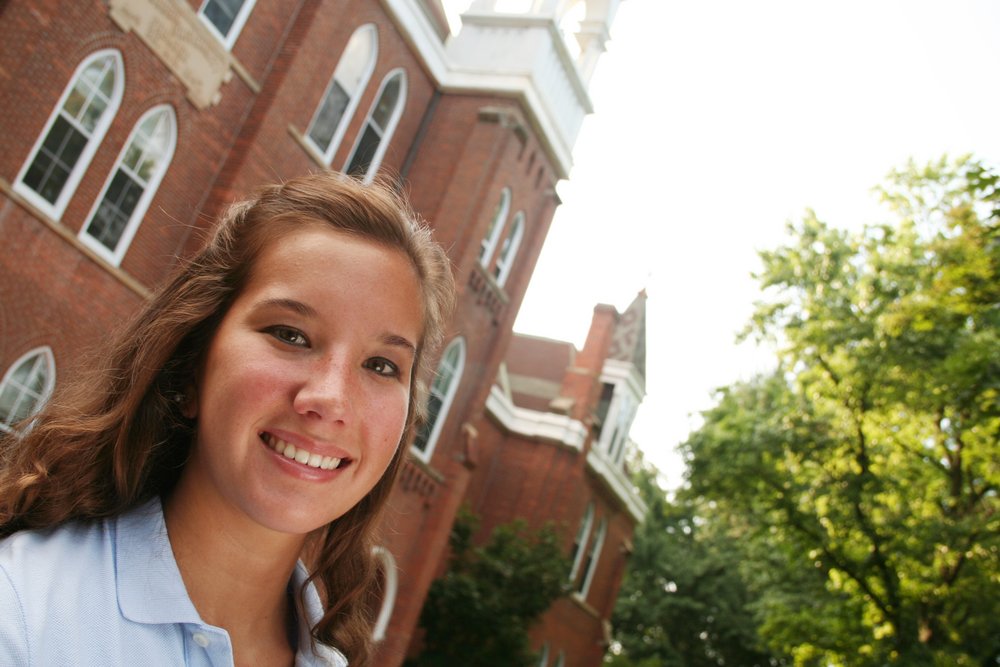
At College Expert, Ryan and I are honored to help students find the best matches between their personalities and campus cultures. Extensive research, college visits, and conferences enable us to put our fingers on the pulse of future happiness. We are experts at helping students develop academic, testing, and activities plans for high school.
Recently, in response to the new focus colleges are putting on the importance of personal qualities, we’ve added “character development” to our repertoire of discussions with students and parents. How does the concept relate to college admissions and beyond? For good reason, the Independent Educational Consultants Association’s Top 12 List identifies personal characteristics in the same league as demonstrated leadership and intellectual curiosity. While it’s an abstract topic to start, we find that many students are intrigued to have the conversation. And even those who experience an initial reaction of “Oh, no…something more to add to my busy schedule” do come around.
The highly-selective colleges, in particular, are “turning the tide” away from an emphasis on personal success by seeking students who make meaningful, ethical contributions to the common good. Harvard has much to say about this topic, including: “How open are you to new ideas and people? What about your maturity, character, leadership, self-confidence, warmth of personality, sense of humor, energy, concern for others, and grace under pressure?”
Duke’s website is crystal clear about what Admissions is seeking in a candidate: “Duke offers a multitude of opportunities to its undergraduates. We’re looking for students ready to respond to those opportunities intelligently, creatively and enthusiastically. We like ambition and curiosity, talent and persistence, energy and humanity…We especially appreciate students who love thinking hard about things and who like to make a difference in the world.”
And then there’s Boston College: “In selecting students, our admission staff looks for demonstrated evidence of academic ability, intellectual curiosity, strength of character, motivation, creativity, energy, and promise for personal growth and development. We also carefully consider recommendations by counselors and teachers, the required writing samples, and extracurricular activities”
How do we encourage our students to think about character-building in high school? First, we inform our clients of the priority that colleges place on the concept. Then, at every meeting, we touch on character development as part of the college planning agenda.
Here is a handful of ideas:
- Find a problem you see in your school, and try to fix it. One of our students noticed that the special needs kids washed the lunch tables every day. She found the practice to be unsettling and successfully approached the school administration to create change.
- Start something new and leave a legacy. Another student started a Fishing Club at his high school, eventually expanding the club to include middle and elementary school students.
- See a need? Think of it as an opportunity. With encouragement, our budding writers and artists have launched literary arts magazines and poetry slams at their schools.
- Look for genuine ways to show gratitude and kindness. Make friends with the lunch ladies, custodians and bus driver. Reach out to that kid who needs a friend.
- Find a cause that you genuinely care about. It does not have to be an epic adventure but can be local and on a small scale.
- Get to know your teachers. With their guidance, dive deeper into subjects that interest you. We remind our students that they will be asking some of the same teachers to write letters of recommendation. What better recommendation than from a teacher-mentor?
Ryan and I view our similar roles as that of guides—helping students navigate through an enjoyable secondary school journey while evolving into the best possible applicants. Character-building is not just for college applications, but rather, for the goal of becoming long-term contributors to society.

